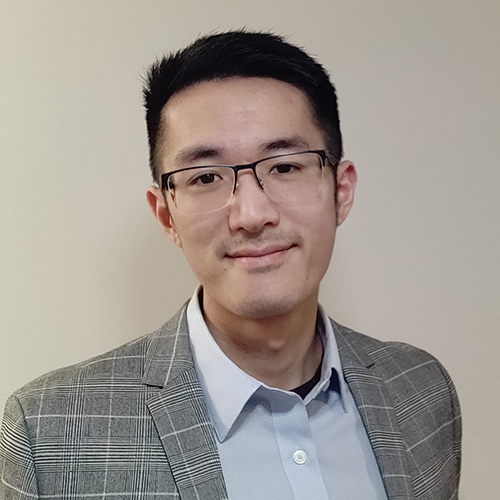Program: MSc in Population and Public Health
In the third year of my undergraduate degree in psychology at UBC, I developed an interest in economics. It’s a discipline that views human behaviour in a manner I found completely unintuitive — and fascinating. I began studying economic history and this was where I first learned of the deep interplay between population health and economic wellbeing. I also learned about health economics and found it blended both of my academic interests. I changed my degree to a major in psychology with a minor in economics that same year, and quickly began planning my path towards a graduate degree in health economics.
Find a routine that works for you, but forgive yourself if it falls through. I worked a regular nine-to-five schedule for two-and-a-half years before I started grad school. I found that a consistent work schedule gave me clear boundaries so I could do the other things I enjoy doing. When I started the program, I mimicked a nine-to-five schedule for school and studying. However, as the term progressed, I found I couldn’t adhere to it and I needed more time to decompress.
My research focused on changes in employment status and their association with subsequent changes in body weight and waist circumference in middle-aged and older adults. In addition, I studied whether certain behavioural changes, such as sleep quality and quantity, explain the link between employment and body weight/waist circumference.
I started a job as a research project manager at the Centre for Health Evaluation and Outcome Sciences shortly after I completed my graduate degree. My time in the role is currently split between project management and research duties. It has been exciting to support and lead projects that relate to both health economics and population health.
